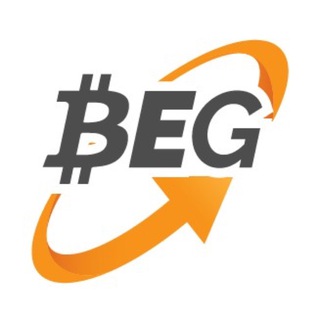Real-estate giant Evergrande is looking more and more like the Lehman Brothers moment of China as investors brace for its collapse. According to experts, the Chinese Communist Party (CCP) will have to save the company, whose collapse would send shockwaves across the global economy. Capital Economics estimated that the company has around 1.3 trillion yuan ($200 billion) in pre-sale liabilities as of the end of June. Lehman Brothers collapsed in September 2008, dissolving $600 bln in US assets leading to the worst market crash since the great depression. This week, anxious investors protested at the Shenzhen headquarters of the company as Evergrande said it is facing “unprecedented difficulties” but denied rumors that it is about to go under. But on Tuesday, in a statement to the Hong Kong stock exchange, Evergrande said it had hired financial advisers to explore “all feasible solutions” and warned that there was no guarantee it would meet its financial obligations. Evergrande blamed “ongoing negative media reports” for damaging sales in the pivotal September period. “Evergrande's collapse would be the biggest test that China's financial system has faced in years,” said Mark Williams, chief Asia economist at Capital economics. https://twitter.com/michaelxpettis/status/1438167853845282818 This, of course, poses a serious problem for CCP as Evergrande is a longstanding symbol of the country’s economically productive urbanization, and its business model is representative of “China’s highly debt-dependent growth model,” said Jean-François Dufour, head of French, China-focused consulting firm DCA Chine-Analyse. Founded in 1996, the company pursued a very aggressive growth strategy and raised $9 billion in its IPO on the Hong Kong Stock Exchange in 2009. It now controls 778 real estate projects in 223 Chinese cities and directly employs nearly 200,000 people while claiming to have indirectly created more than three million jobs. Reportedly, the company had only $13 billion to its name as of late June, while it is due to pay $15 billion to creditors by the end of 2021. At the same time, banks are reluctant to lend them money, on top of which, “It’s become more complicated because of the restrictive monetary policy the government is currently pursuing,” Frédéric Rollin, an investment strategy adviser at Pictet Asset Management, told French 24. https://twitter.com/100trillionUSD/status/1438153029052678159 According to Rollin, in 2020, compared to the US companys’ debt representing 85% of the gross domestic product (GDP) and 115% in the eurozone, Chinese companies’ debt represented 160% of its GDP. With Evergrande bound to take at least one bank down with it if it goes bankrupt, China needs to prevent Evergrande from going under. And these shockwaves are to be expected to be felt beyond China because it counts big international companies like BlackRock, Allianz, and Ashmore among its investors. This week, even the crypto community took notice of this, with Adam Cochran of Cinneamhain Ventures arguing on Twitter that “Currently both Tether and Circle hold commercial paper, and while I think it unlikely that either would have large swaths of Evergrande bonds, the whole market will reel a bit.” Tether meanwhile clarified that it doesn’t hold any commercial paper issued by Evergrande; rather, its vast majority of the commercial paper is in A-2 and above rated issuers. “Doesn't hold and never held,” tweeted Paolo Ardoino, CTO of Tether and Bitfinex. Meanwhile, Cochran is expecting the shockwaves to be felt in crypto as well because “while we can hope that crypto one day becomes a flight from the tradfi markets, right now its sufficiently intertwined to its movements.” “This is a very big deal indeed,” said Matthew Graham, CEO of crypto VC firm Sino Global Capital, adding, but “for real estate and tradfi.”
China’s Lehman Brothers Moment? Crypto Market Takes Note of Real Estate Giant Evergrande’s Debt Crisis
 bitcoinexchangeguide.com
16 September 2021 11:30, UTC
bitcoinexchangeguide.com
16 September 2021 11:30, UTC